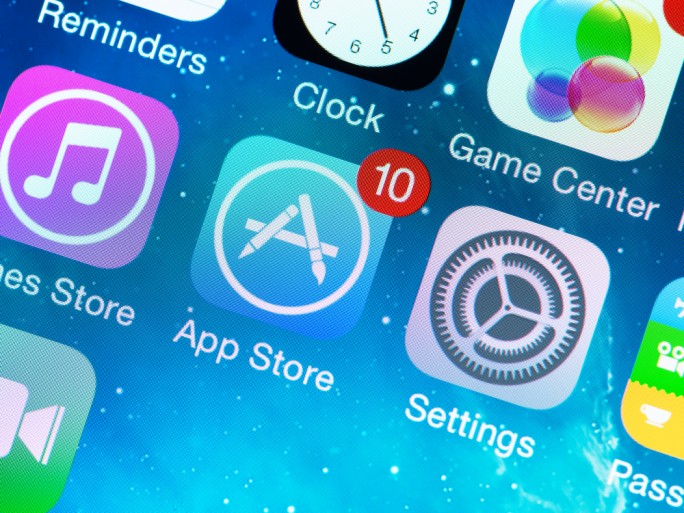Apple Sued Over App Store Monopoly, By Jailbreak Store Cydia

Rival app store Cydia for jail broken iOS devices sues Apple, alleging it monopolises software distribution on its devices
Apple is facing more legal trouble after the creator of a rival App Store that caters for jail broken Apple devices, sued the iPhone maker.
The Cydia AppStore was created in February 2008, eight months after the original iPhone was released to the world in June 2007.
Cydia was the first unofficial App Store for jailbroken iOS devices, that allowed users to escape Apple’s tightly controlled and highly regulated walled garden, and find and install software that was not authorised by Apple.
![]()
App Store lawsuit
Now Reuters has reported that Cydia, also known as SaurikIT, has filed a lawsuit against Apple in an Oakland, California federal court.
Cydia alleges that Apple has illegally monopolised software distribution on its own operating system, and “illegally squashed all competition” for its App Store, depriving consumers of the ability to choose where to obtain iOS apps and developers from choosing which distributors to use.
“The App Store is a huge business that generates over $50 billion annually, of which Apple generally takes a 30% cut,” said the lawsuit.
“It is also a source of much controversy because, just as it does in nearly all aspects of its business, Apple has wielded the power the App Store gives it over iOS app distribution ruthlessly, and in a way that has not only drawn substantial outcry from the app developer community, but also deep scrutiny from governments and regulators worldwide.”
“This lawsuit seeks to open the markets for iOS app distribution and iOS app payment processing to those who wish to compete fairly with Apple, and to recover the enormous damages Apple caused,” the complaint said.
Cydia is reportedly on the verge of closing and a possible bankruptcy.
Apple told Reuters in an email it will review the lawsuit and does not monopolise any market.
It also said that for security reasons it discourages consumers from trying to unlock their iPhones, in a process called “jailbreaking,” to install unauthorised software.
Cydia was created by software engineer Jay Freeman, and is seeking unspecified damages.
Epic lawsuit
This is not the only legal action that Apple is involved in.
Apple is facing a number of challenges over its commission levels on its App Store, most notably from ‘Fortnite’ creator Epic Games, which has resulted in lawsuits and counter lawsuits after Fornite was removed from the App Store.
That decision was taken after Epic allowed players to purchase in-game currency directly from itself, bypassing Apple and Google’s payment systems and the 30 percent commission they charge.
Last month, Apple said it would reduce commissions to 15 percent from 30 percent for developers generating $1 million or less of proceeds from App Store sales. Epic Games does not qualify.
Apple has previously robustly defended its commission charge of between 15-30 percent for apps that use its in-app payment system. It also imposes strict rules that apps must comply with to appear in its App Store, which is the only venue where iPhone and iPad can download apps for their devices.
Apple is also dealing with both antitrust investigations and lawsuits over its App Store policies, both in the US and Europe.